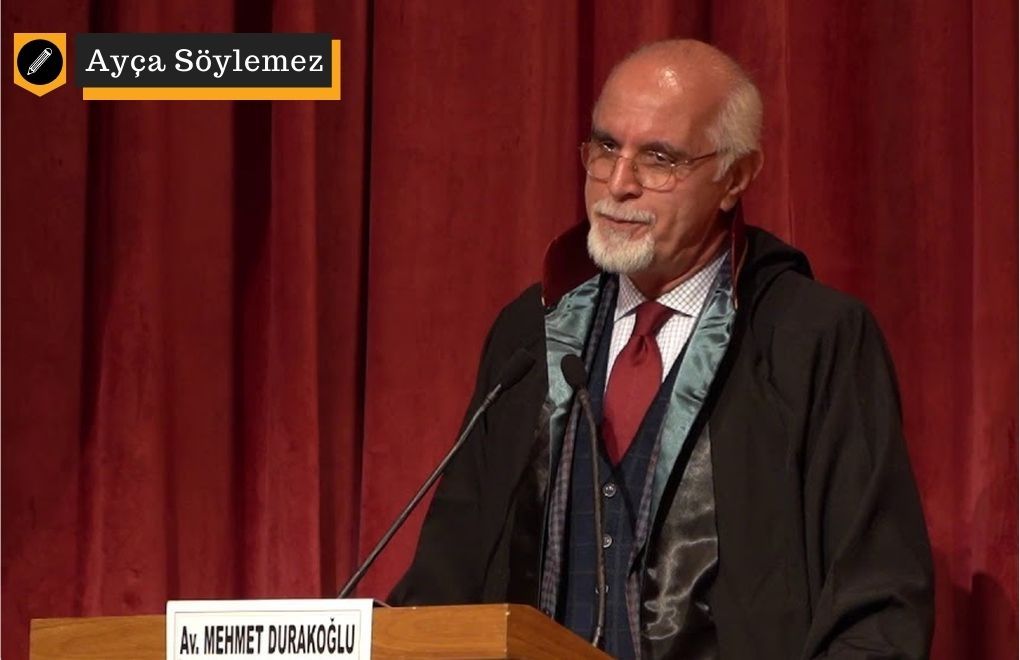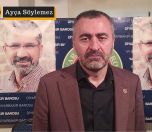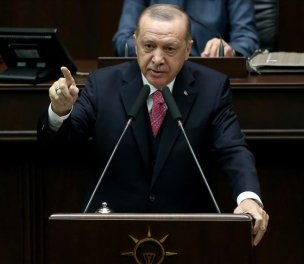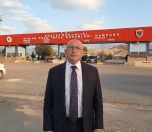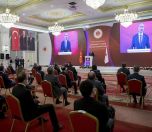Click to read the article in Turkish
"We are aware that what is essential here is to handle the system as a whole in a comprehensive manner. For this reason, we are currently addressing the stages of investigation, prosecution and execution one by one and working on a comprehensive reform in criminal justice. We have established a Science Board to evaluate the changes made so far, to identify additional changes to be made and to present them to Parliament."
Delivering a speech in the 2020 Budget Talks of the Ministry of Justice, Justice Minister Abdulhamit Gül once again talked about judicial reform, announcing that a science board, a concept that we are now familiar with due to the pandemic, would start working for judicial reform.
Minister Gül began his speech by indicating that there was a problem in the system, but, in the meantime, he signalled that the reform in question was once again reduced to the judicial processes.
It was last year when the government prepared the Judicial Reform Strategy Document about this issue and the legal amendments foreseen in the reform packages have been passed into laws by the Parliament. But, these packages have not made much change in the system, either.
Within this context, we have spoken with İstanbul Bar Association Chair Mehmet Durakoğlu about the statement of the Justice Minister, what a possible judicial reform must cover and what needs to change.
Like Diyarbakır Bar Association Chair Cihan Aydın and Ankara Bar Association Chair Erinç Sağkan, Durakoğlu has noted that the first thing to do is to change the structure of the Board of Judges and Prosecutors (HSK).
İstanbul Bar Association Chair Mehmet Durakoğlu has shared his views on a possible judicial reform briefly in following words:
'It came into agenda after the Minister's resignation'
"It is not the first time that an assertion is made about judicial reform. A strategy document was announced in 2009 as well, they surrendered the judiciary to the 'FETÖ' ['Fethullahist Terrorist Organization', which is held responsible for the coup attempt in 2016] in 2010.
"The second reform document was announced in 2015, the State of Emergency was declared in 2016 [after the coup attempt]. This time, we are faced with a strategy document announced in 2019 and not only are there no changes in sight, but there has also been deterioration in several rights.
"The biggest obstacle to reform is the system introduced in 2017. Anything that will be done without discussing the HSK election will not be a reform. Anything that will be done without changing the system of electing Constitutional Court members will not be a reform. Similarly, anything that will be done without discussing the criminal judgeships of peace, which carry out the practice of automatic arrests, cannot be called a reform.
"There are several problems stemming from the system. The talks about reform do not sound credible. Considering that the judicial reform started to be discussed after the resignation of the Minister of Treasury and Finance, it makes me comment that it is an attempt to invigorate the economy that has hit the wall and to eliminate the problems in this field.
'The executive must keep its hands off judiciary'
"The problem about the judiciary is not a problem that can be discussed after the resignation of a minister; we have quite serious problems in this field, structural changes are necessary there.
"First of all, the executive must keep its hands off the judiciary. This would be the first judicial reform. I mean, taking decisions to not do something, rather than to do something, and implementing these decisions would be the first reform package. But, the system does not allow this, either."
Durakoğlu has also commented on the remarks of Justice Minister Gül, who said, "With the presumption of innocence, the right against self-incrimination and right to a fair trial, we are determined to esteem the law, which the militants disguised as judges attempted to trample upon."
He has said, "He is talking about the judiciary in the FETÖ period and it is without a doubt that the ones back then were indeed militants." (AS/SD)





